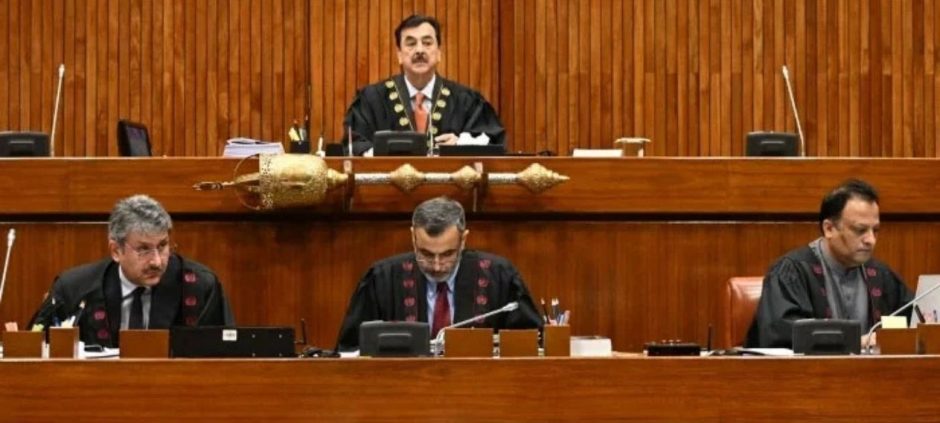The Senate session is currently underway to approve the draft of the proposed 27th Constitutional Amendment. The government needs at least 64 votes for the amendment to pass amid debates on presidential immunity, judicial powers, and provincial reforms.
The Joint Parliamentary Committee on Law and Justice approved the basic draft yesterday. Senator Farooq H. Naik will present the committee’s report, while Law Minister Senator Azam Nazir Tarar is set to introduce the amendment bill for Senate approval.
Key Provisions of the Amendment
The proposed amendment includes several important changes to the judiciary and executive:
- Judicial Transfers: The President may transfer High Court judges based on recommendations from the Judicial Commission. Chief Justices cannot be transferred, and transferred judges will not outrank the Chief Justice of their new court.
- Constitutional Courts: New courts will be established, and cases inactive for over a year will be treated as disposed of.
- Advisory Powers: The Prime Minister can appoint seven advisers. Proposals to increase advisers for Chief Ministers are also under review.
Provincial and Coalition Proposals
The committee discussed amendments from coalition partners, including:
- MQM Proposal: Local government representative and development fund reforms, opposed by PPP.
- Other Coalition Amendments: Three additional proposals were submitted.
- Provincial Changes: Renaming Khyber Pakhtunkhwa to Pakhtunkhwa and increasing seats in the Balochistan Assembly.
Passing a constitutional amendment requires a two-thirds majority in both houses: 64 votes in the Senate and 224 in the National Assembly. About 30 opposition senators are expected to oppose the bill.
Over 35 government senators, including PTI’s Dost Muhammad Khan and Falak Naz Chitrali, are present. Coalition leaders are coordinating to ensure maximum support.
In other related news also read Senate Panel Raises Concerns Over Delay In Parliamentary Lodges Work
After the committee presents its report, the Senate will discuss remaining coalition amendments before a full vote. The upcoming decision is expected to shape governance and provincial representation across the country.











